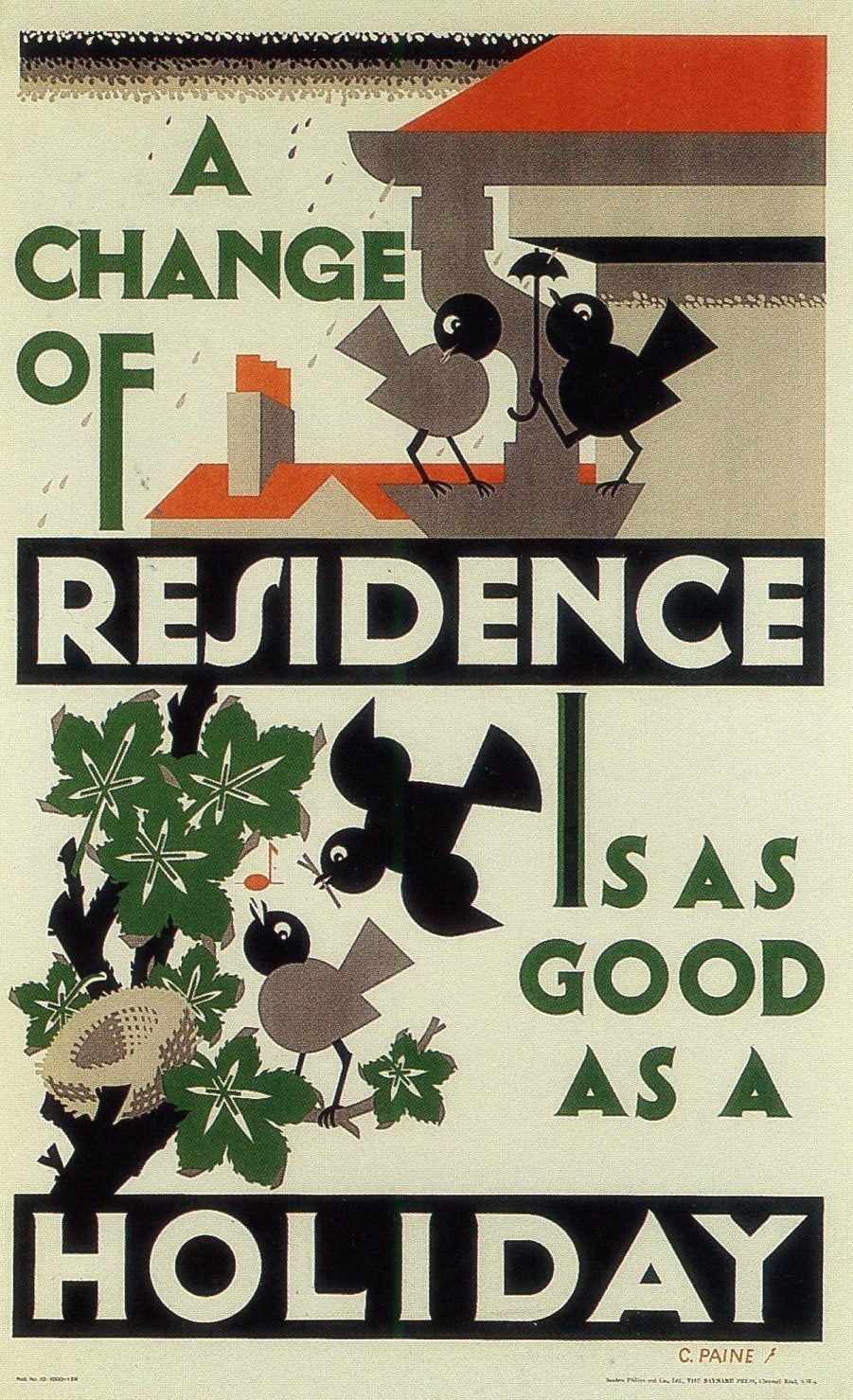- All our books
- Categories:
- Adultery
- America
- Architecture
- Biography
- Bloomsbury
- Childhood
- Children (books for)
- Cookery Books
- Country Life
- Diaries
- Education
- Family
- Fathers
- Gardening Books
- Gay and Lesbian
- Grandmothers
- History
- House and Garden
- Humour
- Ireland
- London
- Love Story
- Men (books about)
- Men (books by)
- Mothers
- North of England
- Overseas
- Poetry
- Politics
- Race
- Science Fiction
- Scotland
- Sex
- Shopping
- Short Stories
- Single Women
- Social Comedy
- Suffragettes
- Teenagers (books for)
- Thrillers
- Translations
- Victoriana
- Widows
- Woman and Home
- Working Women
- WWI
- WWII
- Persephone Merch.
- Audiobooks
- Book Tokens
- Notebook
- Persephone Classics
- Catalogue
Find a book

A Book a Month
We can send a book a month for six or twelve months - the perfect gift. More »

Café Music
Listen to our album of Café Music while browsing the site. More »
Order This Book

Poster by Charles Payne, 1929, Baynard Press
PREFACE BY JULIET GARDINER
336pp
ISBN 9781910263037
Houses, architecture, living space, where the domestic happens: this is a strong theme at Persephone Books and RC Sherriff’s Greengates (1936), Persephone Book No. 113, is one of the novels that sums it up. The plot is timeless and simple: a man retires from his job but finds that never were truer words said than ‘for better, for worse but not for lunch’. His boredom, his wife’s (suppressed and confused) dismay at the quiet orderliness of her life being destroyed, their growing tension with each other, is beautifully and kindly described. Then one day they do something they used to do more often – leave St John’s Wood and go out into the countryside for the day. And that walk changes their lives forever: they see a house for sale, decide to move there, and the nub of the book is a description of their leaving London, the move, and the new life they create for themselves.
Juliet Gardiner, the social historian, has written an incisive preface in which she sets Greengates in context. This is what she says: ‘The novel is ostensibly about a house built in the 1930s, about how and why a retired couple come to buy it, and how it changed their lives. Its subject matter holds up a mirror to the social and cultural preoccupations of the decade: the desire for a home of one’s own, the slow seepage of an attendant form of modernism into a profoundly traditional society, the nuances of class, status and taste. It also addresses the urgent question of the changing nature of the countryside, with the fall in land values and the concomitant encroachment of the town, and the urbanisation of England.’
RC Sherriff excels at writing about everyday life and ordinariness. In Journey’s End his compassion for Mr Everyman was famously displayed, and this was so also in The Hopkins Manuscript, about an ordinary man whose main interest is his garden who is then caught up in impending catastrophe; and in The Fortnight in September, one of our best-sellers, about the Stevens family going on their annual holiday to Bognor, their one chance each year to escape the stifling routine of normal life which is so crucial for all of them.
Thus, in a sense, Greengates is a sequel to The Fortnight in September, with the great difference that the Baldwins have no children. In Fortnight, when Mr Stevens retires, his children’s lives, and possibly their children’s lives, will become an important part of his daily existence; Greengates is much more focused on the couple, on coupledom: their happiness when Mr Baldwin is in the City every day for lunch, their difficulty at adjusting to both of them being at home all day; and then their realisation that they could move out of London and have a new, interesting life – together.
The other fascination of the book is the architectural one: it is full of details about houses and furniture and cooking stoves and heating methods and generally how middle-class life was lived in the 1930s. Juliet Gardiner adds: ‘In his quietly wry, true to life and frequently rather moving novel Sherriff excelled as the acute miniaturist and profound observer of human foibles and frailties that readers will recall from The Fortnight in September. When this was published in 1931 its author was described as a worthy successor to Charles Dickens and it established his reputation as a sharp and perceptive chronicler of lives that, despite their undramatic domestic banalities, often reveal greater truths than might initially appear.’
We can safely say that anyone who has enjoyed The Fortnight in September, How to Run Your Home Without Help or They Knew Mr Knight (to pick, a little randomly, three books which cover similar themes) will very much enjoy reading Greengates.
For more on Greengates, have a look at the Persephone Perspective.
Endpaper
Taken from the design for a 1935 floor linoleum.
Read What Readers Say
Gill Hornby, 'The Times'
Francesca Wade, ‘The Telegraph’
Rachel Cooke, 'The Observer’
MadamJMo
Sarah Harkness via Substack
Categories: Architecture Family House and Garden London Men (books about) Men (books by)
